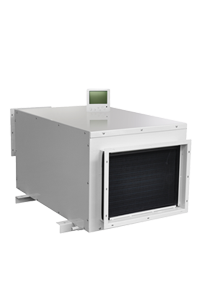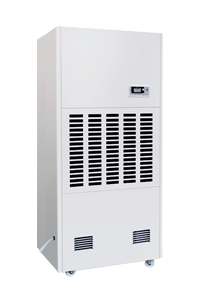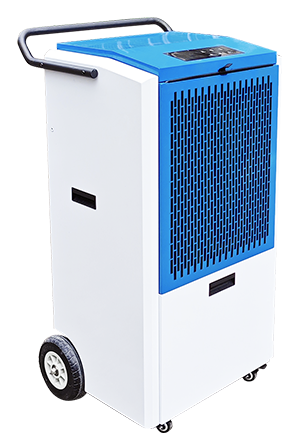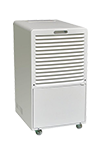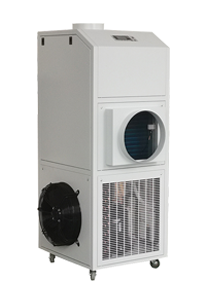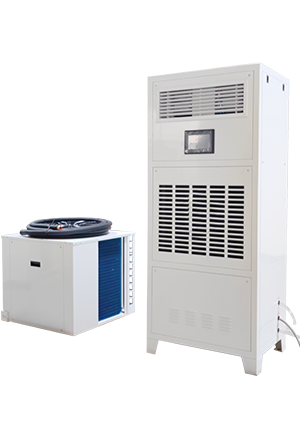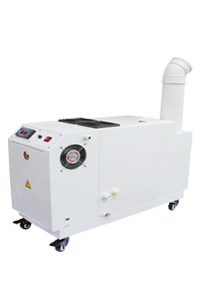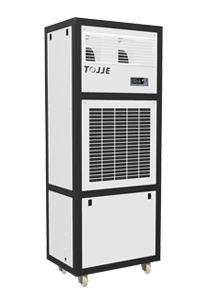News
In industrial environments, uncontrolled humidity can lead to serious problems such as corrosion, mold growth, equipment malfunction, and compromised product quality. Industrial dehumidifiers play a crucial role in maintaining optimal humidity levels, ensuring a safe, healthy, and efficient working environment. Today, with growing focus on energy conservation, energy-efficient industrial dehumidifiers are becoming the preferred choice for businesses looking to reduce operational costs without sacrificing performance.
Why Humidity Control Matters in Industrial Settings
Excess humidity can affect a wide range of industrial operations, including:
Manufacturing: Moisture can damage raw materials, impact machinery efficiency, and affect product consistency.
Warehousing: High humidity levels lead to mold growth, corrosion, and deterioration of stored goods.
Pharmaceutical and Food Processing: Humidity must be precisely controlled to meet industry regulations and maintain product integrity.
Electronics and Cleanrooms: Sensitive components require dry, stable environments to prevent failures.
The Advantages of Energy-Efficient Industrial Dehumidifiers
1. Lower Operational Costs
Modern energy-efficient industrial dehumidifiers consume less energy while maintaining high dehumidification capacity. This results in significant savings on electricity bills, especially in large facilities that require continuous operation.
2. Enhanced Performance
Advanced technology allows these dehumidifiers to efficiently remove moisture even under challenging environmental conditions, ensuring optimal humidity control at all times.
3. Eco-Friendly Operation
Energy-efficient units reduce carbon emissions and align with corporate sustainability goals. Many models are also designed to use environmentally friendly refrigerants, further minimizing environmental impact.
4. Intelligent Control Systems
Energy-efficient dehumidifiers often come equipped with smart controls, allowing automatic adjustments based on real-time humidity readings. This prevents unnecessary energy consumption when conditions are already within set parameters.
5. Extended Equipment Lifespan
By preventing moisture-related issues, dehumidifiers help protect machinery, infrastructure, and stored goods, reducing maintenance costs and prolonging equipment lifespan.
Key Features to Look For
When selecting an energy-efficient industrial dehumidifier, consider:
High moisture removal capacity per kWh
Low-temperature operation capabilities
Advanced humidity sensors and smart controllers
Durability and corrosion-resistant components
Compliance with energy efficiency standards (such as ENERGY STAR)
Applications Across Industries
Energy-efficient industrial dehumidifiers are widely used in:
Manufacturing Plants
Warehouses and Distribution Centers
Food and Beverage Processing
Pharmaceuticals and Laboratories
Electronics Manufacturing
Data Centers
Cleanrooms
Investing in energy-efficient industrial dehumidifiers is not just about maintaining a comfortable working environment—it’s about protecting your products, machinery, and infrastructure while reducing energy costs and supporting sustainability goals. By choosing the right dehumidification solution, industries can ensure operational excellence, minimize downtime, and maximize long-term savings.

